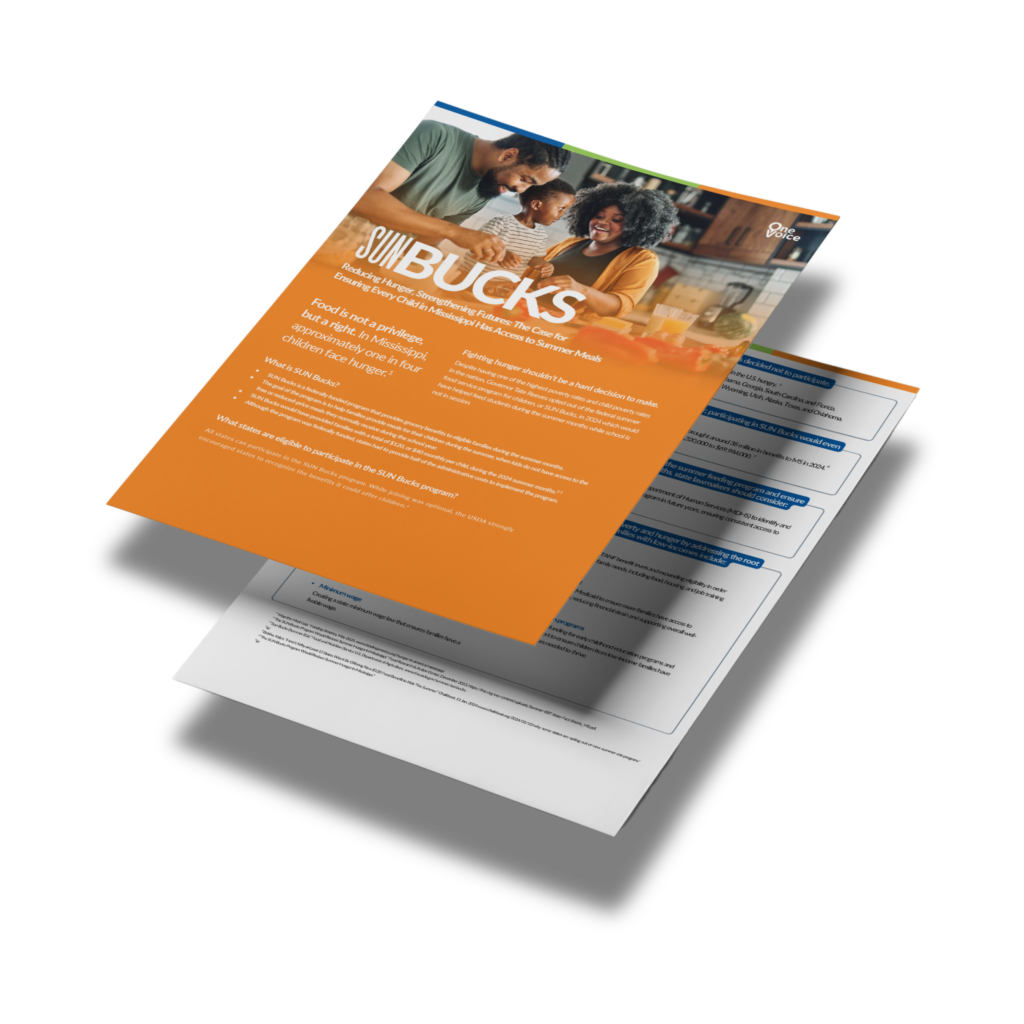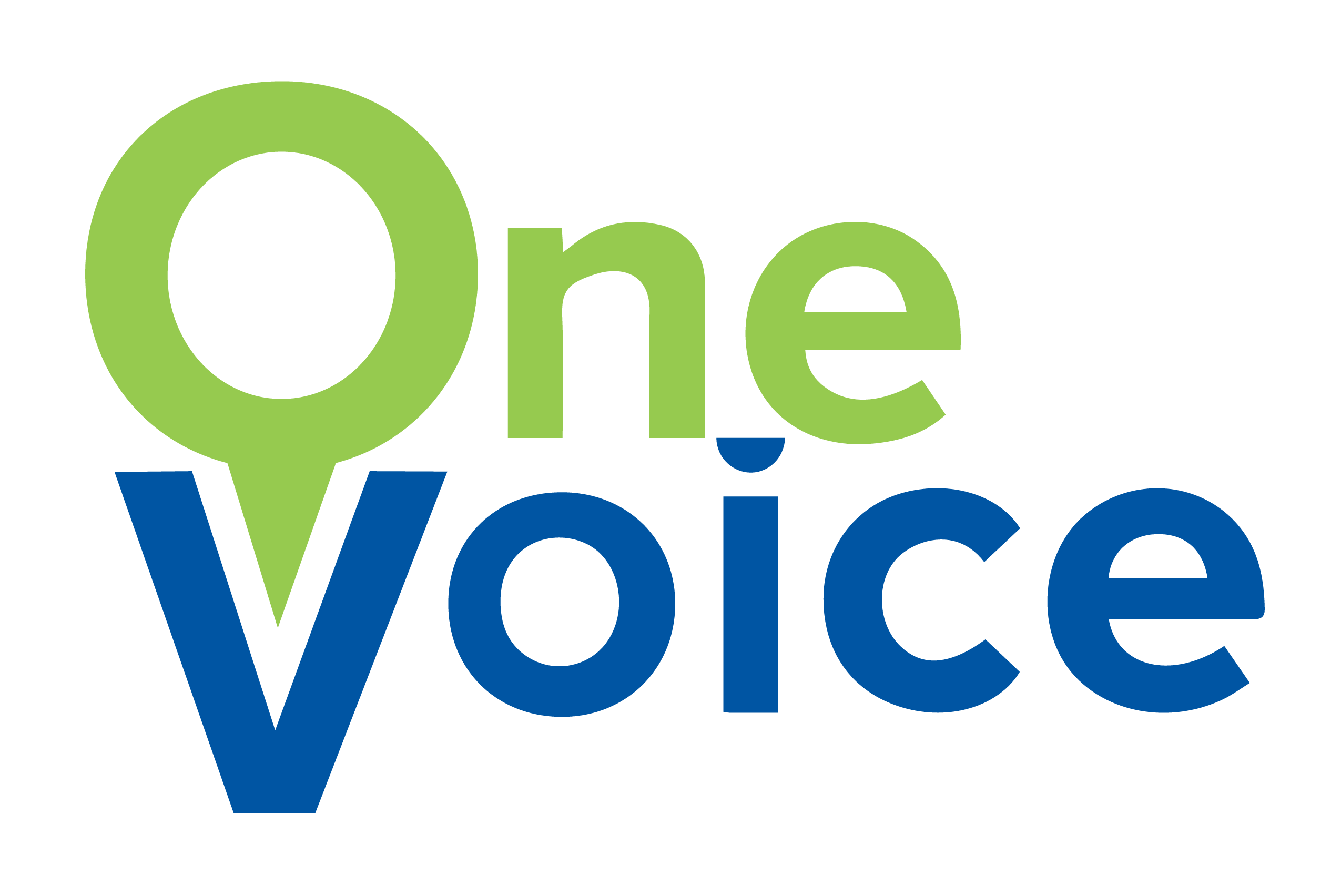This report discusses Mississippi’s decision not to participate in the federally funded SUN Bucks program for summer 2024. SUN Bucks aimed to address child hunger by providing eligible families with $120 in grocery benefits during summer when children lose access to school meal programs. Mississippi’s choice to opt out left approximately 324,000 children in the state without these resources, even though participation would have brought $38 million in benefits and an economic impact of up to $70 million. This decision reflects broader regional trends, as several southeastern states also declined the program.
To counteract this decision, we recommend that state lawmakers secure funding to join SUN Bucks in the future. We also suggest broader anti-poverty measures, including boosting SNAP and TANF benefits, implementing state tax credits, expanding Medicaid, and increasing support for education, housing, and wages. These actions aim to reduce poverty and hunger, ensuring families and children in Mississippi have greater access to food, stability, and opportunity.

Every child in Mississippi deserves access to nutritious food that supports their growth, learning, and overall well-being, especially during the summer months when school meals are not available. However, Mississippi has one of the highest child poverty rates in the country, leaving many families struggling to put food on the table—a challenge that is only intensified during the summer months¹
While the federal government offered funding through the SUN Bucks program to help families experiencing hunger, Governor Tate Reeves declined Mississippi’s participation in the program.2 Accepting this support would have directly benefited approximately 324,000 Mississippi children, helping them thrive and reach their full potential, free from the burden of hunger.3
Supporting the SUN Bucks program is a commitment to Mississippi’s future—its children. By ensuring reliable access to nutritious meals during the summer, this program reduces food insecurity, supporting children’s health and development. For families, it eases financial strain, allowing resources to be directed toward other essential needs. Mississippi lawmakers direct the Mississippi Department of Education (MDE) and the Mississippi Department of Human Services (MDHS) to identify and secure 50% of the funding for administrative costs to opt into the SUN Bucks program in future years, guaranteeing that every child has the nourishment needed to grow and succeed. By doing so, we break the cycle of poverty, investing in a brighter, healthier future for our communities. Mississippi’s children deserve every opportunity to thrive, and we owe them our best efforts to make that happen.
The SUN Bucks program, created under the Consolidated Appropriations Act of 2023, was designed to ensure that children who rely on free or reduced-price meals during the school year continue to have access to food when school is out.4 Under this program, eligible families receive $40 per child monthly (or a one-time payment of $120, depending on the state) for summer food assistance.5 This funding is provided by the federal government and distributed via SNAP or EBT cards, with states covering 50% of the administrative costs.6 This setup ensures that the funds are used exclusively for food purchases.
While the USDA encouraged all states to participate, Mississippi Governor Tate Reeves declined the federal funding.8
Participating in the SUN Bucks program could have delivered significant benefits for Mississippi, providing an estimated $38 million in food assistance to help feed students over the summer.9 This support would have been especially valuable given Mississippi’s high child poverty rate of 27%—the highest in the country.10 With around 324,000 children eligible, the program could have brought an estimated economic impact of $58.3 million to $69.9 million, reinforcing food security and community well-being statewide.11
According to the USDA, thirty-seven states, Washington D.C., five U.S. territories, and two Indian tribal organizations participated in the SUN Bucks program during summer 2024.12 However, thirteen states opted out, including five southeastern states—Mississippi, Alabama, Georgia, South Carolina, and Florida—and other states such as Idaho, Wyoming, South Dakota,

Iowa, Utah, Alaska, Texas, and Oklahoma.13 Altogether, these non-participating states left nearly 10 million children without food benefits during the summer months.14
Reasons cited by states for not participating in SUN Bucks included a reluctance among some governors to increase government assistance, a belief that “pandemic-era” assistance was no longer necessary, and concerns over insufficient funding or administrative capacity to manage the program.15 States opting in were also required to cover 50% of administrative costs, a point that reportedly influenced Mississippi’s decision.16
Mississippi Governor Tate Reeves chose not to participate, aiming to limit what his administration described as “attempts to expand the welfare state.”17 However, Mark Jones, representing the Mississippi Department of Human Services, indicated that the state lacked the workforce capacity and funding necessary to implement SUN Bucks.18
In all, the choice by Mississippi and other states to decline participation in the SUN Bucks program shows a mix of political priorities, state budget concerns, and different views on government aid, leaving millions of children without needed food support during the summer
Mississippi legislators might look to other states as models for successfully implementing the SUN Bucks program, even when facing initial opposition or logistical challenges. For example, some states—such as Arkansas, Louisiana, and Alabama—took proactive steps to implement SUN Bucks despite limited support from their governors. Through legislative action and securing administrative funding, these states succeeded in making SUN Bucks available. Such examples highlight potential approaches Mississippi could consider to establish the program and support children’s nutritional needs during the summer months.
In Louisiana, Governor Jeff Landry initially resisted SUN Bucks, viewing it as a “pandemic-era program.”19 Despite his stance, Louisiana legislators prioritized the program’s benefits for children and ultimately approved funding from the general fund, allocating around $3 million for
administrative costs. 20 This budget approval ensured that about 300,000 families in Louisiana would receive $120 in SUN Bucks benefits, despite initial gubernatorial resistance.21
Arkansas successfully implemented the SUN Bucks program for 2024, providing critical support to thousands of children facing food insecurity over the summer months. In Arkansas, more than 250,000 students were automatically eligible for SUN Bucks due to their families’ participation in SNAP, TEA (Transitional Employment Assistance), or similar programs.22 By mid-June, Arkansas received an additional 2,320 applications, further expanding participation.23 The eligibility criteria for Arkansas’s SUN Bucks included families receiving SNAP and TEA, children attending schools participating in the National School Lunch Program, and children from families meeting certain income guidelines.24 Arkansas provided a one-time payment of $120 per eligible child, distributed through existing SNAP cards or newly issued EBT cards for those not enrolled in SNAP.25 Funding was secured when legislators approved a $2.9 million request from the Arkansas Department of Human Services, with the federal government covering 50% of administrative costs.26
And Alabama, which did not participate in the SUN Bucks program in 2024, has approved it for 2025. The program was funded through the state’s 2025 Education Trust Fund budget, requiring a $10 million state match for administrative costs to support its launch.27 Through SUN Bucks, eligible children will receive $120 in benefits, helping to reduce hunger for over 500,000 kids across the state.28 The program will automatically enroll children in families receiving Medicaid, SNAP, TANF, the Food Distribution Program on Indian Reservation, and if the child is in foster care or experience homelessness, with applications available for other eligible families.29
By examining the strategies used by Louisiana, Arkansas, and Alabama, Mississippi legislators can explore methods to make SUN Bucks a reality. Through targeted funding approvals, legislative advocacy, agency support, and collaboration with nonprofits, Mississippi could implement the program and address childhood food insecurity across the state.
Grocery benefit programs like SUN Bucks are a crucial lifeline for families, especially those experiencing poverty, offering immediate relief and the flexibility to address their essential needs. Springboard to Opportunities, a Mississippi non-profit, ran a demonstration project with cash assistance mirroring the amount SUN Bucks would have provided in grocery benefits to families. A recent survey by the organization sheds light on how grocery benefits support low-income families in Mississippi, especially for essential needs during the summer months.
For their 2024 Summer Cash Disbursement Survey, Springboard to Opportunities, provided families with $40-$200 monthly in cash, an amount similar to SUN Bucks benefits.30 The survey revealed that 76% of respondents spent all of their summer disbursement on food, and another 22% used only some portion of the cash on food, highlighting the pressing need for summer food support.31 In addition, most families (62%) shopped at grocery stores, with increased spending on essentials like meat, dairy, bread, and fresh produce.32 is assistance helped them better plan and enjoy family meals, choose healthier options, and meet dietary needs.33 For half the participants, the food was sufficient to meet their family’s needs.34 Overall, these findings demonstrate how a Mississippi SUN Bucks program could improve food security and overall well-being for families, especially when other resources, like school meals, are unavailable.
Food is a basic right, not a privilege, and as the state with the highest poverty rate in the nation, Mississippi has a pressing need to support its vulnerable populations, particularly children. By relieving financial pressure on families, the program enables parents to allocate resources toward other critical needs, from housing to utilities, and reduces the stress associated with food insecurity.
As such, Mississippi should prioritize implementing SUN Bucks in 2025 to combat childhood hunger and bolster its economy. To offset the governor’s decision not to participate in the program, state lawmakers should:
Mississippi can also explore longer-term policies to address poverty and food insecurity, such as:


Our mission is to ensure an equal voice for traditionally silenced communities. When One Voice’s work is done, we envision a Mississippi with a healthy vibrant thriving neighborhoods, schools, economy, and most importantly families.
123 Main Street
New York, NY 10001
One Vision. One Village. One Voice